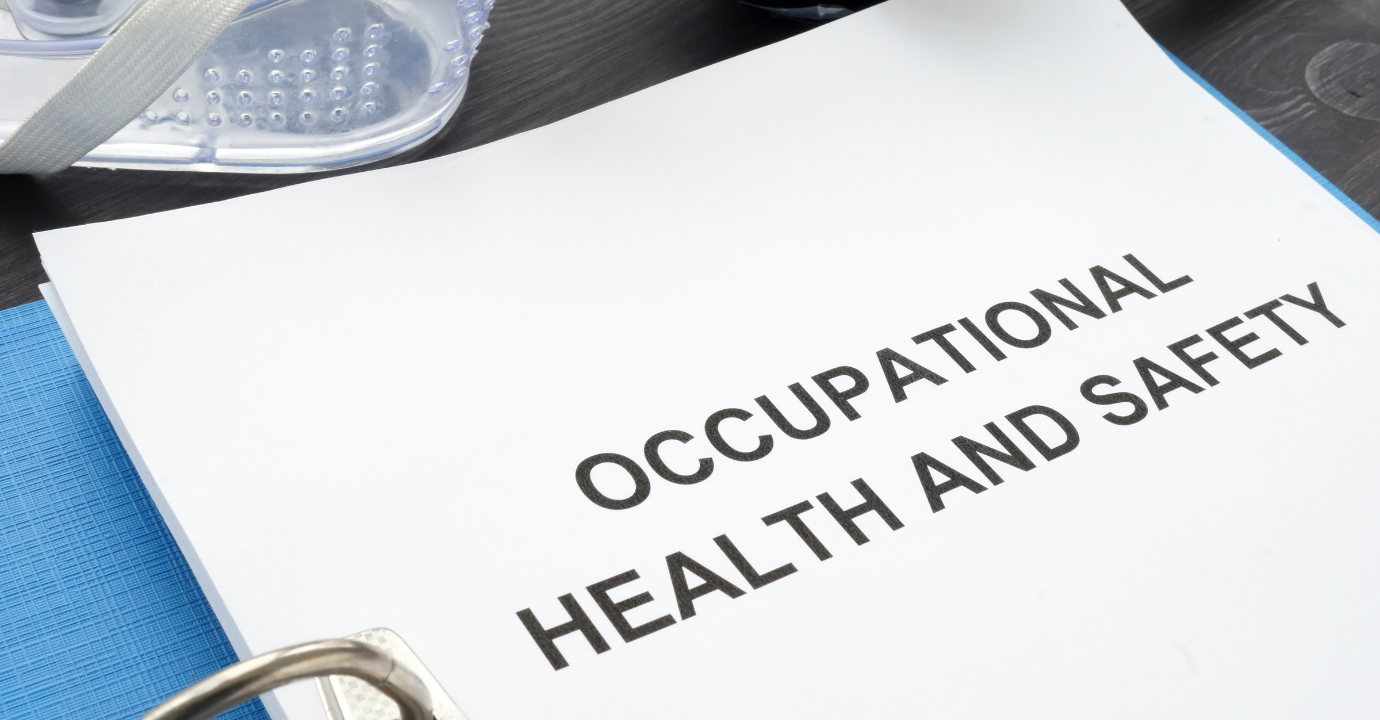The Importance of Occupational Health Services in the UK
Did you know?
The first act to cover all industries and employers, placing responsibility on both employer and employee to ensure workplace health and safety for everyone, was in 1974 when The Health and Safety at Work Act 1974 was created.
The impact of the Health and Safety at Work Act 1974 was dramatic, reducing the number of workplace fatalities between 1974 and 2019 by 90%. The act still forms the core of today’s health and safety legislation.
This act is central to occupational health and safety in Britain. It identifies the responsibilities of employers, employees and the self-employed, both to themselves and others.
Workplaces are required to provide adequate staff training to ensure health and safety procedures are understood and adhered to; adequate welfare provisions; a safe working environment that is properly maintained and in which operations are conducted safely; suitable provision of relevant information, instruction and supervision; and for workplaces with five or more employees, employers must keep a written record of their health and safety policy, as well as consult with employees on relevant policies and associated health and safety arrangements.
There are three main elements to health and safety legislation in Britain today:
- The Health and Safety at Work Act 1974
- The Management of Health and Safety at Work Regulations 1999
- The Workplace (Health, Safety and Welfare) Regulations 1992.
What is Occupational Health and Safety?
Occupational health and safety (OHS) is a practice that deals with the safety, health, welfare and wellbeing of people when they are at work.
With OHS standards implemented, every worker in Britain should be able to function in their role in a safe and secure environment, free from hazards.
According to the Health and Safety Executive (HSE), in 2022/23, an estimated 1.7 million workers suffered work-related ill health (new or existing conditions) in the UK.
This translates to 47.2 million working days lost due to work-related illness and injury. These figures highlight the significant impact work can have on employee health and productivity.
Occupational health services are not just an expense; they are an investment in your most valuable asset – your workforce. By prioritising employee health and safety, you can create a thriving and productive work environment that benefits both your employees and your business.
Occupational health services play a crucial role in safeguarding the well-being of employees and ensuring a productive workplace.
Here are 10 top reasons why occupational health is so important:
- Legal Compliance: Employers have a legal obligation to provide a safe and healthy working environment. Occupational health services help businesses meet regulatory requirements.
- Reduced Costs: Accidents, illnesses, and injuries can lead to significant financial losses due to absenteeism, medical expenses, and potential legal liabilities. Occupational health services can help mitigate these costs.
- Enhanced Productivity: A healthy workforce is a more productive workforce. By addressing health concerns and promoting well-being, occupational health services can improve employee efficiency and output.
- Improved Employee Morale: Employees who feel valued and cared for are more likely to be satisfied with their jobs. Occupational health services contribute to a positive work culture and boosts morale.
- Reduced Absenteeism: By preventing work-related illnesses and injuries, occupational health services can reduce the number of days employees miss work due to health issues.
- Enhanced Employee Retention: A healthy and safe workplace attracts and retains top talent. Occupational health services can help businesses build a positive reputation as an employer of choice.
- Risk Management: Occupational health services help identify and assess workplace hazards, allowing businesses to implement effective risk management strategies.
- Improved Public Image: A commitment to employee health and safety can enhance a company’s reputation in the community and among customers.
- Early Detection of Health Issues: Regular health screenings and assessments can identify potential health problems early on, enabling timely intervention and treatment.
- Improved Work-Life Balance: Occupational health services can help employees manage stress, balance work and personal life, and achieve overall well-being.
How can Latus Group help your business?
At Latus, we provide a comprehensive range of occupational health services tailored to your specific needs. These may include:
- Pre-employment health assessments: Ensuring new employees are fit for the job and identifying any potential health risks.
- Health surveillance: Monitoring the health of employees exposed to specific workplace hazards.
- Musculoskeletal assessments: Evaluating and managing work-related musculoskeletal disorders (MSDs), the most common cause of workplace ill health in the UK.
- Fitness for work assessments: Determining if an employee is medically fit to return to work after illness or injury.
- Stress management and wellbeing programs: Supporting employees with mental health concerns and promoting overall well-being.
- Vaccinations: Providing vaccinations to protect employees from work-related infections.
Latus offers a variety of services to cover all of your Occupational Health and Health Surveillance needs.
- Health Surveillance
- Management Referrals
- Safety Critical and Fit-For-Work Medicals
- Mental Health, Physiotherapy/MSK Clinic
- GP Support
- Workplace Testing and Screening
- Vaccinations
- Biological Monitoring
- First Aid and Mental Health First Aid Training
- Health and Wellness Screening
If you’d like to speak to us about health surveillance, visit our page and contact us with any questions.

